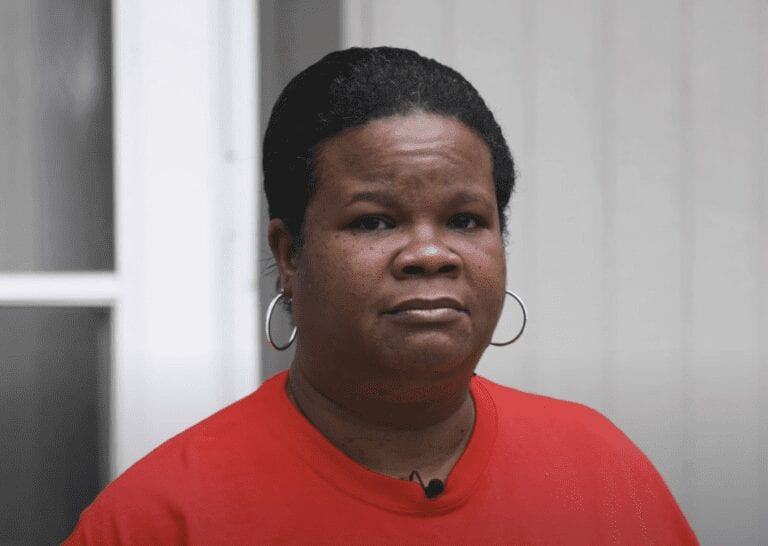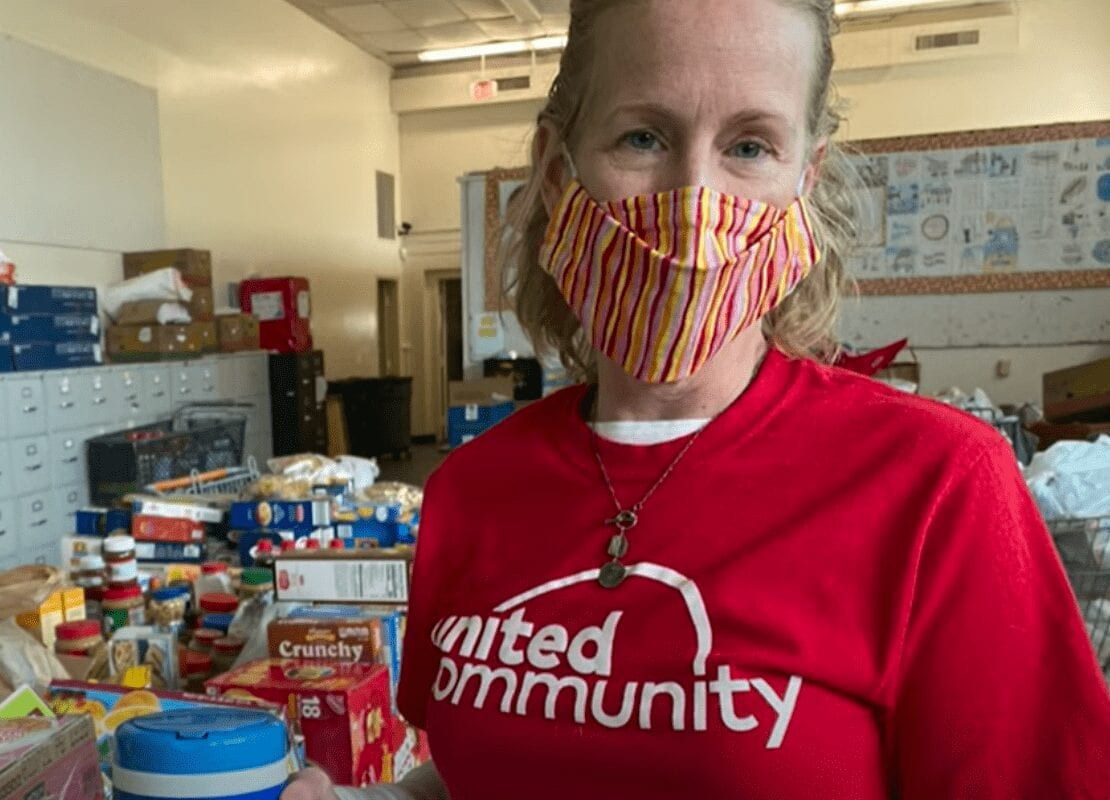A Push to Make Opportunity A Key Focus of Fairfax County’s COVID Response Efforts
By: Northern Virginia Health Foundation
Yolanda Thompson
Yolanda Thompson vividly remembers the first week her neighborhood received the notice to shelter in place because of the coronavirus. It put most of her neighbors out of work. And the shock of being cut off from transportation and regular food sources pushed many of them from just "getting by" to undernourished.Thompson’s community is situated along the Route 1 corridor, in the middle of one of Northern Virginia’s “islands of disadvantage.” Even before COVID-19 hit, these neighborhoods experienced high levels of economic distress, inadequate housing and transportation, and a large number of residents without health insurance. The combination of these existing factors makes residents here - predominantly people of color and low-income families - particularly vulnerable to the impacts of public health emergencies like COVID-19.
COVID’s impact on low-income communities
In a recent video testimony to Fairfax County’s Board of Supervisors, Alison DeCourcey, executive director of United Community, a local safety-net that also runs a food pantry, noted that neighborhoods along Route 1 have become an epicenter of basic needs requests. In February, before shelter-in-place orders were issued, United Community had 125 new clients visit their food pantry. But in the first 15 days of April, they saw almost nine times that amount, with more than 1,100 food pantry visitors. Some were current clients. Others were people who stopped using United Community’s services but had to return. The pandemic is placing a strain on the entire community, says DeCourcey. “It puts our frontline-staff at risk, requires a two-hour wait by clients for a three-day supply of food. And we know we’re not reaching everyone yet.”
Building communities of opportunity
This is why United Community is pushing for changes along the Route 1 corridor, lifting up the voices of community members and focusing attention on social problems borne of poverty such as unstable housing, food insecurity, lack of transportation, and the trauma caused by them. With support from the Northern Virginia Health Foundation, United Community started the “Communities of Opportunity” initiative in 2019. As part of this multi-phase process, community members like Thompson sit on a steering committee with United Community staff, and regional policymakers. Together, they identify pressing community issues and find ways to partner and address them. And in times of need, the direct connections created through the initiative are critical lifelines for residents. When COVID-19 hit Thompson’s neighborhood, she called United Community for help. In addition to food, diapers and other donations she collected to distribute, the organization provided Thompson with $2,000 in gift cards to pass out to families in her community that were hit especially hard.
Staying the course to tackle poverty
While DeCourcey says that the coronavirus will require “additional resources and special attention,” she still sees putting an end to multi-generational poverty as the ultimate goal.She hopes the virus, which has put everyone and the economy at grave risk, will encourage County leaders to “stay the course” and continue supporting initiatives like Communities of Opportunity that focus on moving residents from just “getting by” to thriving.

